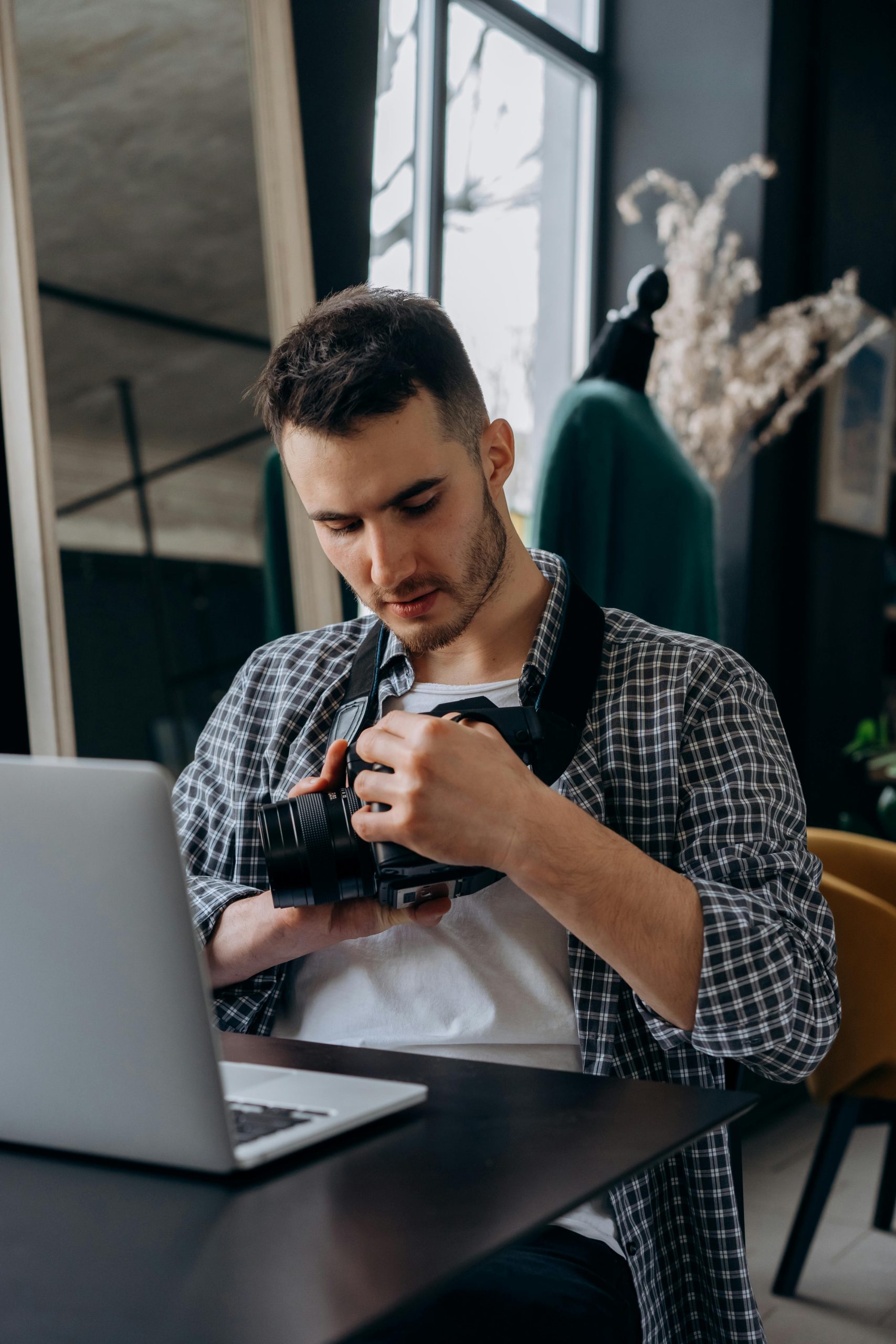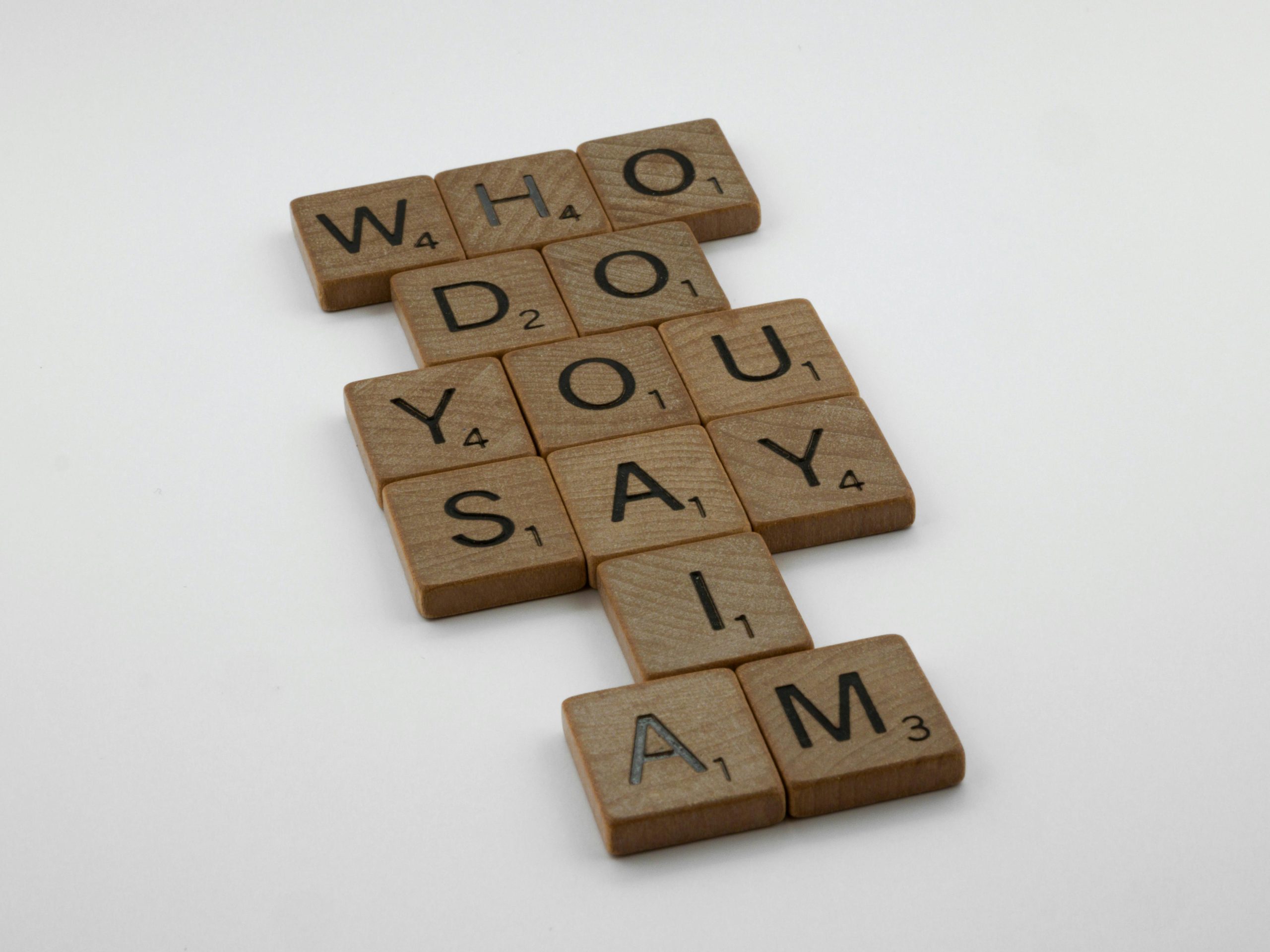Florida Liability Inquiry
I was involved in an accident where the car in front of me failed to stop and collided with another vehicle. As a result, my car struck the vehicle that initiated the accident.
The driver who caused the initial impact was uninsured and was also in the country illegally. He fled the scene, hitting both my car and the other vehicle multiple times during his escape.
Yesterday, I learned that the driver of the first car, which was halted at the time of the incident, has filed a claim against me.
How am I liable in any way when I never made contact with her car?
The uninsured driver struck her vehicle, and I subsequently hit the uninsured driver.
I’ve just communicated with my insurance company and provided them with a copy of the police report, which fully supports my account of events. Both my story and that of the woman originally hit align perfectly.
Am I responsible in any capacity?




It sounds like a complicated situation, but here’s a general overview of how liability might be determined in Florida:
Chain of Events: In Florida, liability in a car accident is often determined by the sequence of events and the actions of each driver involved. If the primary at-fault driver (the uninsured motorist) caused the initial collision, they may bear the majority of the liability for the damages caused.
Your Role: Since you didn’t directly hit the other vehicle and your actions were a response to the uninsured driver’s behavior, your liability could be limited. However, Florida follows a comparative negligence law, meaning that if a driver is found to be partially at fault, they can still be held liable for contributing to the accident.
Insurance Company’s Role: Your insurance company will review the police report and any other evidence to assess liability. Since both you and the other driver corroborate each other’s accounts, this should help your case.
Claim Against You: The claim filed against you may be more a procedural step than a reflection of actual liability. It doesn’t automatically mean you are liable. Your insurance will investigate and defend you against the claim if you are not found to be at fault.
Legal Advice: Given the complexity and potential legal implications, it might be beneficial to consult with a lawyer who specializes in personal injury or insurance claims in Florida. They can provide specific guidance based on the details of your case.
In summary, you may not be liable given the details you’ve provided, but it’s essential to follow through with your insurance company and consider seeking legal advice to protect your interests.